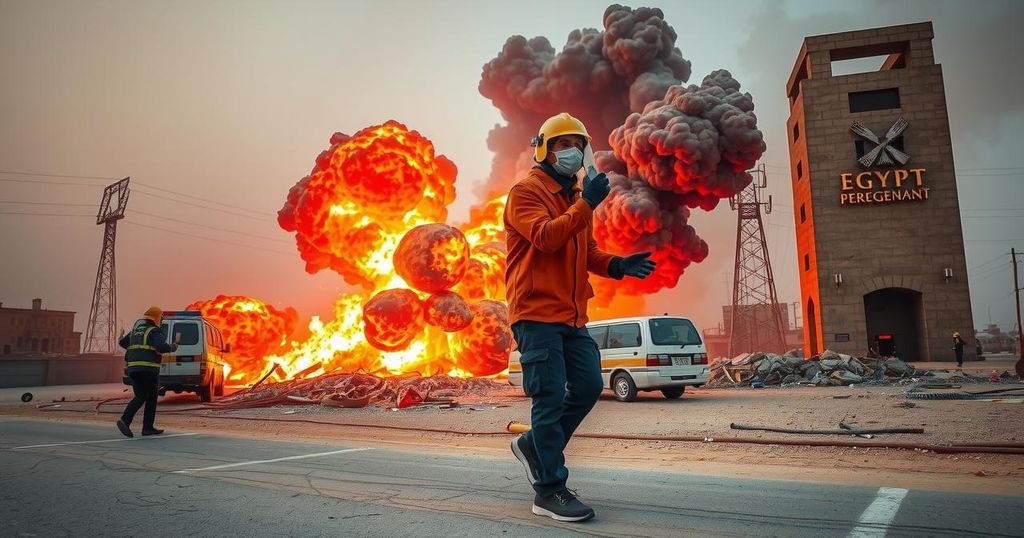The ongoing conflict in Gaza has resulted in over 44,900 Palestinian deaths and significant infrastructure destruction, as international calls for ceasefire and humanitarian relief continue to be unmet. Legal challenges against Israeli leaders for war crimes are underway, while internal criticism of Hamas’s tactics is surfacing. The humanitarian crisis remains critical, with warnings of famine and malnutrition impacting vulnerable populations.
As the military conflict in Gaza marks nearly 16 months, Palestinian civilians continue to face dire circumstances, with limited hope for a ceasefire despite global appeals. On December 11, the UN General Assembly issued resolutions calling for an immediate ceasefire in Gaza and the release of hostages. The conflict escalated following a surprise attack by Hamas on October 7, 2023, resulting in significant casualties and subsequent Israeli bombardment, which has devastated Gaza’s infrastructure and led to severe humanitarian crises. According to Gaza’s health ministry, over 44,900 Palestinians have died, while the UN warns of looming famine and extensive malnutrition affecting children and vulnerable populations.
Israeli military actions have also drawn criticism and legal action, with the International Criminal Court issuing warrants against Israeli leaders for alleged crimes, including the use of starvation as a method of warfare. At least 14 countries have joined South Africa in a legal challenge against Israel in the International Court of Justice, which found plausible claims of genocide. The humanitarian situation worsens as restrictions impede aid flow, and the blockade impacts almost all humanitarian relief entering Gaza. Reports indicate that significant portions of Gaza’s educational and medical facilities have been destroyed, exacerbating the suffering of displaced populations.
Despite the escalating humanitarian disaster, criticism towards Hamas has emerged within Gaza, with prominent figures condemning the militant group’s tactics involving civilian areas. The ongoing conflict shows no signs of resolution, as Israeli leadership maintains that military operations will continue indefinitely. Major Hamas figures have been targeted in the conflict, including the recent death of Yahya Sinwar, yet Israeli officials assert that this does not mark the conclusion of ongoing military efforts in Gaza, which they interpret as a protracted struggle for security and stability.
The humanitarian crisis in Gaza worsened greatly after a surge in violence initiated by Hamas’s attack on Israel on October 7, 2023. Since then, the Israeli military has conducted extensive airstrikes in response, resulting in high Palestinian casualties and widespread destruction of essential services. International responses include UN resolutions demanding ceasefire and humanitarian aid, alongside legal challenges against Israeli officials at international courts. Humanitarian organizations continue to report critical famine and malnutrition threats among the Palestinian population, highlighting the severe impact of the ongoing conflict.
In summary, the situation in Gaza remains dire, with severe humanitarian implications resulting from continued conflict. International bodies have expressed concern over the unfolding crisis and its repercussions on civilians, advocating for an immediate ceasefire. Legal actions against military leaders for potential war crimes highlight the contentious nature of the conflict, while internal dissent within Gaza reveals complex sentiments toward both the actions of Hamas and the Israeli military. With no imminent resolution in sight, the region faces an increasingly perilous future.
Original Source: www.arabnews.com






